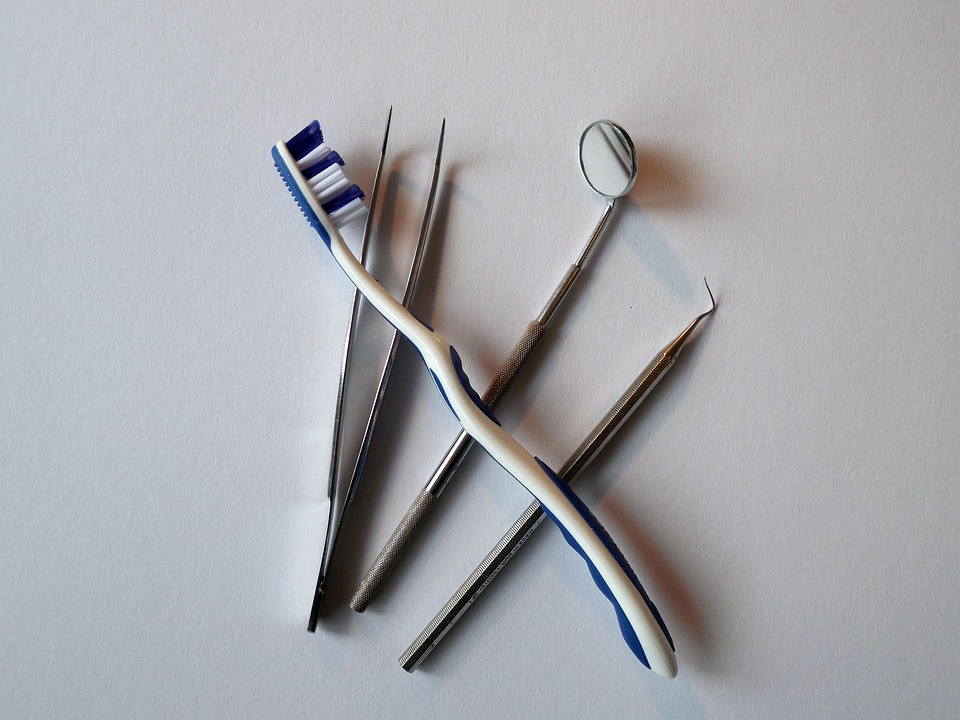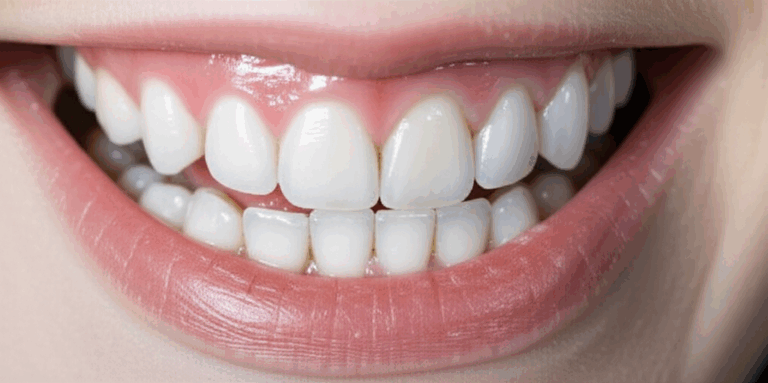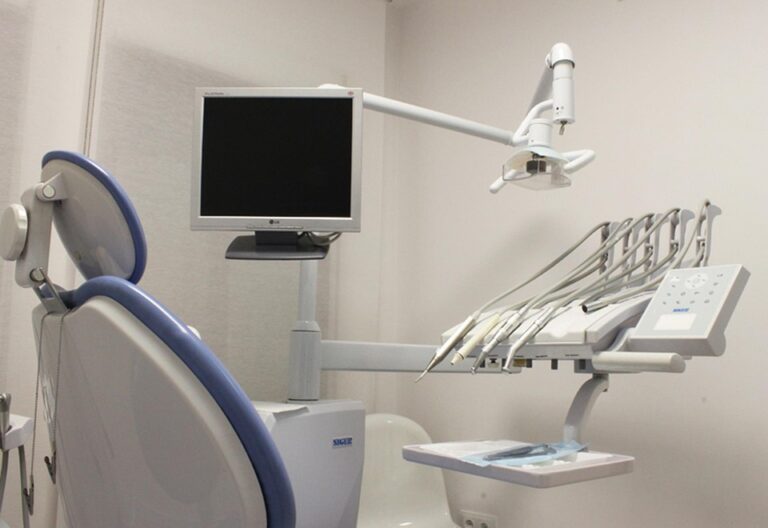
How Much Do Mini Dental Implants Cost
Thinking about fixing those missing teeth? Wondering how much you’ll really pay for mini dental implants? You’re not the only one. I’ve been there too. When you hear “mini dental implants,” you might think the price will be small too. But there are a lot of things most people don’t know. I’m going to explain what these little things cost, why prices are all over the place, and what really matters. If you want it simple and clear, with no confusing dentist talk, keep reading. By the end, you’ll know what counts for your money — and maybe your smile too.
Article Outline
- What Are Mini Dental Implants, Really?
- How Do Mini Dental Implants Differ From Regular Ones?
- Why Would You Choose Mini Over Conventional Implants?
- What’s the Big Deal With Cost Variations?
- How Much Do Mini Dental Implants Actually Cost?
- What Factors Affect the Cost of Mini Dental Implants?
- Will Dental Insurance Cover Mini Dental Implants?
- Are There Hidden Costs No One Talks About?
- Where Can I Find Affordable Mini Dental Implants?
- Is Getting Mini Dental Implants Abroad Worth It?
- How Does Dental Lab Choice Affect the Price?
- Are Mini Dental Implants Worth the Price Tag?
- Summary: What’s the Bottom Line on Mini Implant Costs?
What Are Mini Dental Implants, Really?
Before we get lost thinking about money, let’s clear up what mini dental implants actually are. They’re not the same as the regular ones you see on commercials. Mini dental implants are a lot thinner—about half the size of normal ones. Dentists use them if you don’t have enough bone in your jaw for regular implants, or if you need to tighten up a loose denture.
I first learned about these after my dentist told me my jawbone wasn’t thick enough for the big implants (I love nuts, but my teeth didn’t). After searching around online, and seeing some scary stories, I knew I needed real answers, not made-up stuff.
Mini dental implants usually need fewer steps and heal faster. That sounds good, right? But faster doesn’t always mean cheaper. Sometimes, it’s just a different way to add up the cost.
How Do Mini Dental Implants Differ From Regular Ones?
At first I thought, “If the implant’s smaller, it must be easier.” Not really. Mini dental implants are less of a big deal—they don’t usually need cutting into your gums, and your dentist can sometimes put them in after one visit.
But not everyone can get minis. If you have to bite down hard on your new teeth all the time—like eating tough meat or biting apples—they won’t work well. Think of them like small paperclips—they keep things together, but can’t hold as much as a staple.
Because they’re smaller, most people hurt less after getting them. But even so, prices can surprise you. For me, comparing “mini” to “regular” implants was like looking at two cars—both get you there, but one only works on smooth roads.
Why Would You Choose Mini Over Conventional Implants?
One reason is healing time. I was back to eating soft food by dinner. You won’t need weeks off, or have to eat soup all the time.
Another: Not everyone can or wants a big surgery. If you don’t like needles, blood, or drills, mini dental implants are calmer and skip a lot of that.
Most people choose minis because they cost less at first. But—here’s the catch—what you save now might cost you later if something needs fixing or replacing sooner.
What’s the Big Deal With Cost Variations?
Here’s why it’s tough: You google “mini dental implant cost” and see all different prices! One website says $500, another says $2,000—each. Why?
Each dentist decides what to charge. In big cities like Boston, you can pay twice as much as someplace smaller. The kind of dental office also matters—a fancy office with a smiley staff and nice chairs asks for more money than a simple office near the grocery store.
Then there is stuff you don’t always see: where the implant is made. Some offices use a local zirconia lab or a 3d dental lab to make the crowns—fancy, but pricier.
Add extras like x-rays, sleep medicine, or even paying for parking, and your “easy” mini implant can suddenly turn into a big bill.
How Much Do Mini Dental Implants Actually Cost?
Okay, let’s talk numbers. I called dentists from New York to Nebraska, and here’s what I found:
- Per Implant: Usually $500 to $1,500 (in the U.S.)
- Full Lower Denture Stabilization: Around $2,000 to $5,000
- Each Tooth Crown Add-On: $500 to $3,000 more
If you need more implants, the price for each one might go down. But don’t get more than you need just because of a discount—stick to what your mouth really needs.
Lab work, like crowns made in a zirconia lab or an emax dental lab, can cost more. These labs often use newer tools and stronger stuff for longer-lasting teeth. You should always ask where your crown is made—locally or maybe in a far-off china dental lab?
What Factors Affect the Cost of Mini Dental Implants?
First, where you live. Big-city dentists charge more because everything costs more for them, even their rent.
Next, the dentist’s skill. Some charge more because they’ve done tons of implants. It could be worth it if you want someone who knows what they’re doing.
The stuff the implant is made out of matters too. Titanium implants cost less than the super-hard zirconia ones, unless you use a zirconia lab. Crowns or fixes may be made in a 3d dental lab or emax dental lab, and prices can change.
Last thing, how tricky your mouth is. If your jaw needs extra work like bone fixes, x-rays, or detailed scans, your bill will go up.
Will Dental Insurance Cover Mini Dental Implants?
A lot of people think their dental insurance will pay. Honestly? Most of the time, it doesn’t.
Most plans treat implants (any kind) as “just for looks.” So, you usually pay. Some plans might toss in a little money for the check-up or crown, but not much.
However, a few nicer plans or dental savings plans might help with a part, or let you use a spending account to save some money. Always call your insurance before you start—don’t guess.
Are There Hidden Costs No One Talks About?
This is where I got a shock. The price your dentist first tells you probably won’t include:
- X-rays and scans
- Temporary dentures or crowns
- Any fixes or adjustments later
- Sleep medicine, numbing shots, and check-ups
- Fixes if you break the implant or lose bone around it
I also learned some labs—the really high-tech 3d dental lab places—charge more if you want a color that matches your teeth perfectly. Want it to look just right? There could be extra charges.
Always, always ask for a written price list. Ask what you get and what you don’t. If they won’t put it on paper, you probably don’t get it.
Where Can I Find Affordable Mini Dental Implants?
Look around. You can find mini dental implants at every price—cheap clinics, fancy ones, and everything between.
Dental schools sometimes give really big discounts if you let a student work on you (they’re watched closely, don’t worry).
Some dentists use labs in other countries or a china dental lab for making crowns cheaper, then pass those savings to you. Some let you pay over time so you don’t need all the money at once.
Don’t be shy—ask questions like “Do you use a local zirconia lab, or do you send work overseas?” Knowing where your implant is made can change the price and the result.
Is Getting Mini Dental Implants Abroad Worth It?
Going overseas for dental work is popular. I’ll admit—I thought about those “$400 implants in Mexico or Thailand.” Who wouldn’t?
Sometimes you get a really good deal. Sometimes you get problems like lower standards, hard-to-fix trouble if something goes wrong, or no warranty. If your implant breaks in six months, will you want to fly back every time you need help?
If you’re thinking about this, research first. Try to find places that use good labs—like a trusted emax dental lab or zirconia lab. Read what other people say. Ask for a written promise in case there’s a problem. Check what happens if things don’t work out.
How Does Dental Lab Choice Affect the Price?
Here’s a secret: not all dental labs are the same. Where they make your crown or bridge can change your bill by hundreds of dollars.
Local specialty labs—especially ones with skilled workers—often charge more. Fancy stuff, like from a zirconia lab, is strong and lasts a long time, but can cost a lot.
But if your dentist sends work to a china dental lab or fast, big 3d dental lab, it’s cheaper, but might not be as custom. Some people don’t mind, but others wish they’d paid more. My advice? Talk to your dentist. Think about the price and the quality. Decide how much a great-looking tooth matters to you.
Are Mini Dental Implants Worth the Price Tag?
After all this hassle—and trust me, it can be confusing—is it even worth it?
If you want to get rid of dentures that come out, or can’t get big implants, minis may be a smart choice. They’re strong for gentle chewing, don’t need much bone, and heal real quick.
But remember: They might not last as long as bigger implants, especially if you chew a lot or grind your teeth. You might have to plan for repairs or even new ones someday. But if regular dental care is too pricey or isn’t possible for medical reasons, minis can let you smile, eat, and feel better about your teeth.
Summary: What’s the Bottom Line on Mini Implant Costs?
Let’s keep it simple. Here’s what you really need to know:
- Mini dental implants aren’t always cheap. Usually, they cost $500 to $1,500 each in most U.S. places.
- Prices change a lot depending on your city, dentist, and the lab used. Fancy zirconia lab or emax dental lab work is pricier, but might last longer.
- Check your insurance first. Most won’t pay, but some will help with some parts of the work.
- Ask about every extra charge. Get everything in writing so you don’t get surprised.
- Overseas dental work can be good or risky. Research for yourself, and know what happens when you get home.
- Cheapest is not always best. The lab—local, china dental lab, or 3d dental lab—can mean a big difference in quality.
- Minis work for some, but not for everyone. They’re best if you don’t have much jawbone left or want something easy and quick.
When it comes to your teeth and your money, being smart counts. Ask questions, learn the truth, and pick what fits your life—not just your wallet.








